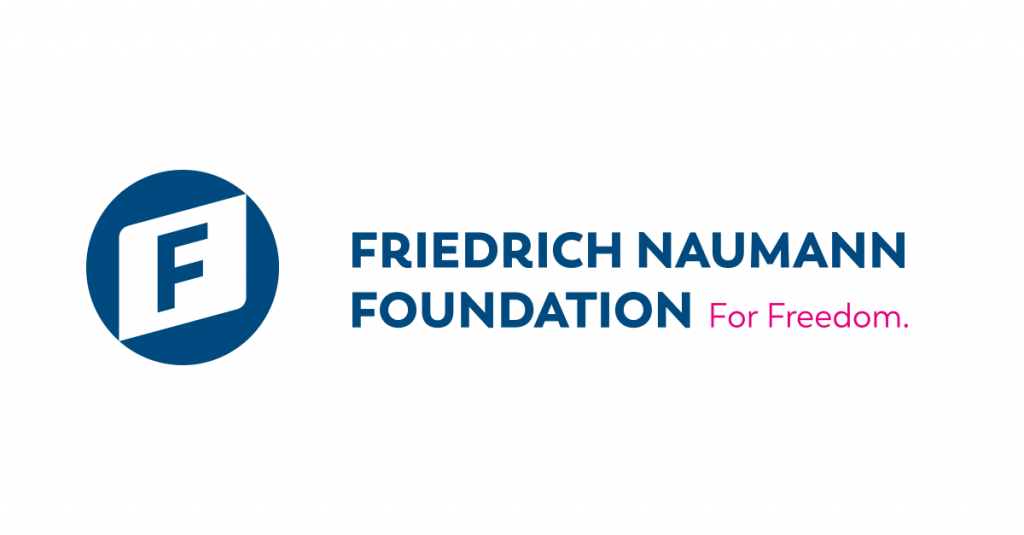In mid-February, the European Parliament, the European Commission, and the European Council are scheduled to continue the trilogue on the Digital Markets Act (DMA), a proposal aiming to curtail the anti-competitive behaviour of big digital market players and create a level-playing field for everybody.
In cooperation with other European think-tanks, the Lithuanian Free Market Institute has analysed the proposal and hereby presents a study “Digital Market Act: Competition, Private Property, Innovation and the Interests of the Users.” This paper suggests that, notwithstanding its intentions, the DMA is not likely to create a level-playing field and may actually hurt end-users and SMEs, and ultimately hamper this dynamic and innovative market.
Research finds that the DMA is based on vague concepts and a dubious impact assessment with wishfully projected positive outcomes and underestimated negative consequences. The fundamental democratic principles and values of private property rights and the presumption of innocence seem to be largely overlooked. The DMA impact assessment report offers no evidence-based analysis of the anti-competitive behaviour (“gatekeeping”) of large companies in the digital market. Therefore, sanctions will be applied according to the preconceived criteria rather than proven violations. Since the proposal ignores both consumer interests and the basic mechanisms of competition and innovation, it represents a break in competition policy.
The study argues that the DMA may achieve the opposite effects to the expected objectives. It is likely to increase the regulatory burden, create artificial entry barriers instead of dismantling them, reduce incentives to innovate and disrupt, and slow down technological development and economic growth.
The study “Digital Market Act: Competition, Private Property, Innovation and the Interests of the Users” can be downloaded here.

The paper is supported by the Friedrich Naumann Foundation for Freedom. The Friedrich Naumann Foundation for Freedom is not responsible for the content of this publication, or for any use that may be made of it. The views expressed herein are those of the authors alone. These views do not necessarily reflect those of the Friedrich Naumann Foundation for Freedom.